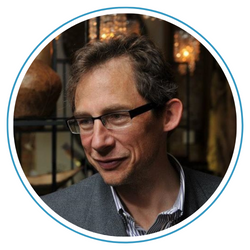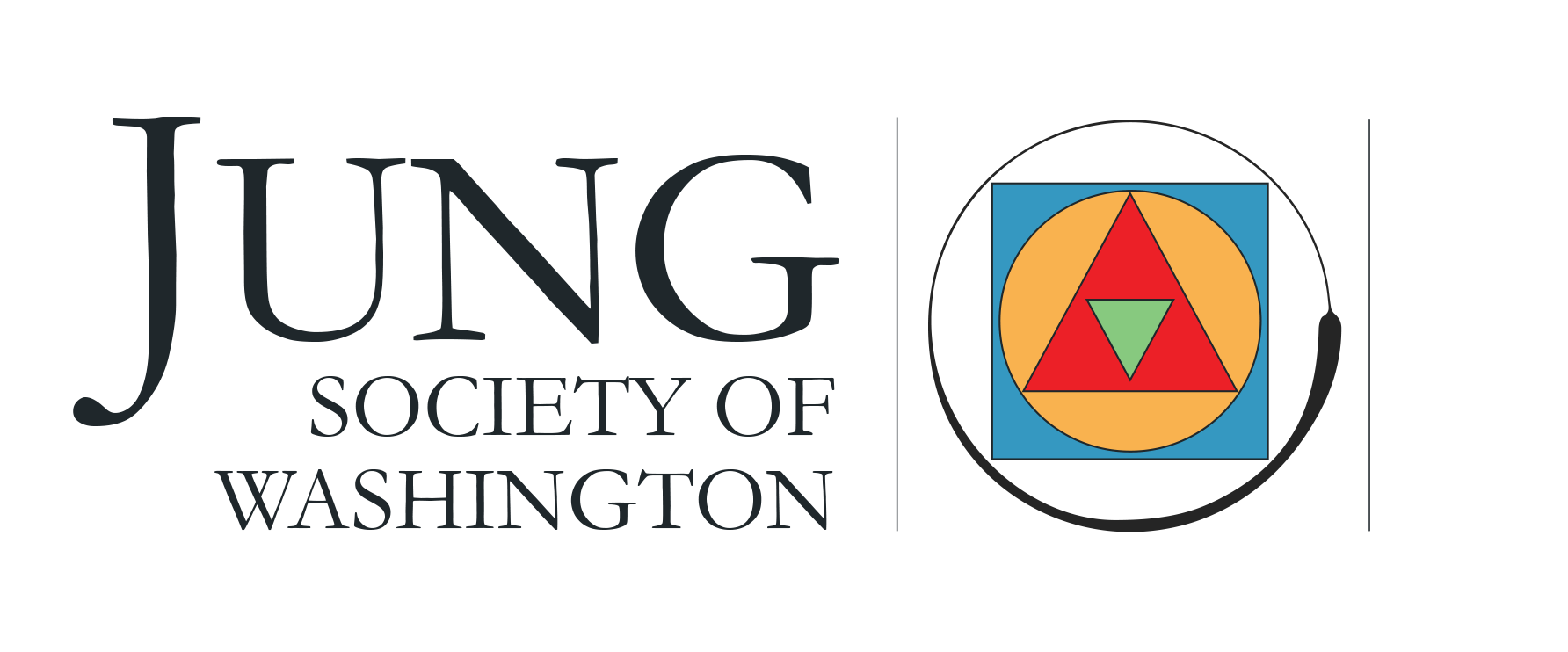The work of Carl Jung operates in our lives in many possible ways. It is a theory of mind. It is a therapeutic technique. It is a political stance, though that has not been explored very much. It is also a way of life.
It is this last area which has interested me most, both recently and for many years. In the pursuit and teaching of that “way,” I have found that talking about Jungian concepts in very simple terms can be quite helpful. It helps to avoid a kind of spiritual bypass fostered by the protective screen of complicated jargon.
In fact, my latest class was an attempt to teach the clinical side of Jung through what I called “slogans.” That term is very liberally borrowed from a Tibetan Buddhist practice, which uses slogans or, “Lojong,“ as pithy reminders of practice, which can help steer us along the path in any given moment. Not only was this class based on teaching Jung without jargon, it also had a very wide range of participant experience, from non-clinicians to budding clinicians to advanced non-Jungian clinicians to Jungian analysts.
This composition of participants is very important to me, since if I cannot explain what I mean to people who are not members of our little cult, then perhaps I do not really know what I’m talking about. Also, the addition of beginners ensures that someone calls me out about the emperor’s new pajamas that I might be tempted to try on.
As an example of non-jargon simplicity, the class was based around Jung’s idea that to explore the psyche we must always “follow the image.” Although this concept is very simple, it is deceptively difficult. All manner of personal agenda and political stance get in the way. As Jung mentioned in The Secret of the Golden Flower, “It would be simple enough, if only simplicity were not the most difficult of all things....” That is what makes it so hard -- like most things in life and in depth psychology.
So, as a lead-up to my upcoming course on Zen, I am going to translate the first of the Bodhisattva Vows. Perhaps not surprisingly, this one corresponds with Jung‘s idea of the psychological gradient. This vow, which is taken by everyone who “takes refuge” from the self in (Mahayana) Buddhism, is usually translated as “sentient beings are numberless, I vow to save them all.“ Anyone who has read Adolf Guggenbuhl-Craig’s essential book, Power in the Helping Professions, will likely have a fit over this vow! Taking this vow ensures that the savior complex will rise up and dominate anyone who takes it seriously, casting them and everyone around them into the dank and poisonous mire of good intentions.
Therefore, my psychological translation, as Jung teaches us to do in the introduction to “Children’s Dreams,” as well as in the whole of Psychology and Alchemy, is as follows:
Our impossible task is to see that everyone is doing their level best all of the time, no exceptions.
Can we do this? I offer it as the spiritual challenge of the day.

Morgan Stebbins, D. Min., is a Jungian analyst in private practice in New York City. He is a supervising analyst and faculty member of the Jungian Psychoanalytic Association (NY), a faculty member of the C.G. Jung Foundation (NY), and an adjunct faculty member of the New York Theological Seminary. He is also the creator of the Contemplative Jung Program of the N.Y. Zen Center for Contemplative Care and the author of numerous articles on religion and psychology.
Morgan has long been interested in Zen; he practiced at the San Francisco Zen Center in the early 1980s and later at the N.Y. Zen Center. His other interests include travel, hockey, cycling, and dog training! He has lived abroad and travelled widely, including in Peru, Ecuador, Columbia, the Galapagos Islands, South Africa, India, Pakistan, and Germany. He was a member of the U.S. field hockey teams for the Olympic Games, the Pan-American Games, and the World Cup in 1984 and remains a member of the U.S. Masters hockey team. He coaches road, track, and mountain cycling and is currently Xterrra Triathlon Division Champion.
